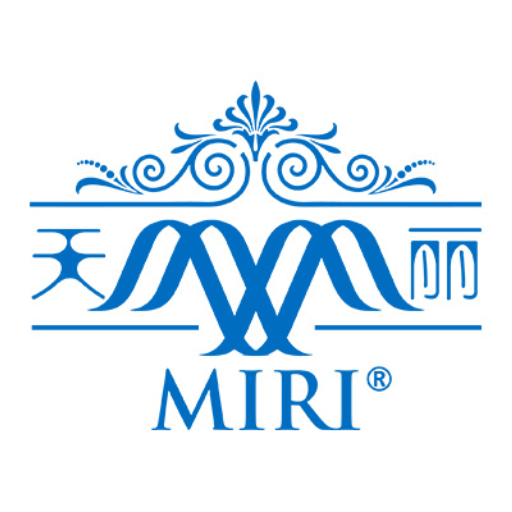Menopause and Bone Health: Protecting Your Skeleton During Hormonal Changes
Menopause marks a significant transition in a woman’s life, often accompanied by hormonal shifts that affect various aspects of health. One critical area impacted is bone health. As estrogen levels decline during perimenopause and menopause, women become more susceptible to bone loss, increasing the risk of osteoporosis. Understanding this connection empowers women to take proactive steps toward maintaining strong bones and overall vitality.
The Link Between Menopause and Bone Density
Estrogen plays a vital role in preserving bone density by regulating the activity of osteoclasts and osteoblasts, the cells responsible for bone breakdown and formation. During menopause, the drop in estrogen accelerates bone resorption, leading to a net loss of bone mass. Research indicates that women can lose up to 2% of their bone density annually in the first five years post-menopause. This makes menopause a pivotal time to focus on strategies for bone health support.
Common symptoms of declining bone health may not be immediately noticeable, but factors like family history, low body weight, smoking, and inadequate calcium intake can heighten risks. For a deeper dive into menopause symptoms and natural management, explore our guide in Understanding Menopause: Symptoms, Natural Relief, and Thriving Through the Transition.
Nutritional Strategies for Bone Strength
A nutrient-rich diet is foundational for combating bone loss during menopause. Calcium remains essential, with women over 50 needing about 1,200 mg daily from sources like dairy, leafy greens, and fortified foods. Vitamin D, crucial for calcium absorption, should be around 600-800 IU per day, sourced from sunlight, fatty fish, or supplements.
Other key nutrients include magnesium, vitamin K, and protein, which support bone matrix formation. Incorporating weight-bearing exercises, such as walking or resistance training, stimulates bone remodeling and helps maintain density. For insights on holistic approaches to body slimming that align with bone health, check out The Holistic Approach to Body Slimming: Transforming Your Health from Within.
The Role of Supplements in Menopause Bone Health
Supplements can bridge nutritional gaps, especially when dietary intake falls short. Collagen, a major component of bone tissue, aids in maintaining structural integrity. Our Miri Collagen Protein supports not only skin elasticity but also joint and bone health by promoting collagen synthesis, which is vital during menopause when natural production declines.
Additionally, phytoestrogen-rich supplements derived from sources like soy or Pueraria Mirifica can mimic estrogen’s protective effects on bones. Products like Miri Feminine Essence help balance hormones, potentially easing menopause symptoms while supporting skeletal health. Always consult a healthcare provider before starting any supplement regimen to ensure it fits your individual needs.
Lifestyle Tips to Safeguard Bones
Beyond nutrition, lifestyle choices significantly influence bone health. Quitting smoking and limiting alcohol intake reduce bone loss risks. Regular physical activity, including yoga or tai chi, improves balance and prevents falls, which is crucial as bone density decreases.
Sleep and stress management also play roles; poor sleep can disrupt hormone balance, exacerbating bone issues. For more on menopause and emotional well-being, refer to Menopause and Emotional Wellbeing: Navigating the Journey with Grace. Monitoring bone density through regular check-ups allows for early intervention if needed.
Empowering Your Post-Menopause Years
Menopause doesn’t have to mean fragility. By prioritizing bone health through informed choices, women can embrace this phase with confidence. Combining a balanced diet, exercise, and targeted supplements fosters resilience against osteoporosis. Remember, small daily habits yield lasting benefits, helping you stay active and independent well into later years.
For comprehensive menopause support, including natural remedies, visit our resource on The Essential Role of Women Supplements in Managing Menopause: A Natural Path to Balance. Stay proactive, and let menopause be a gateway to empowered wellness.
